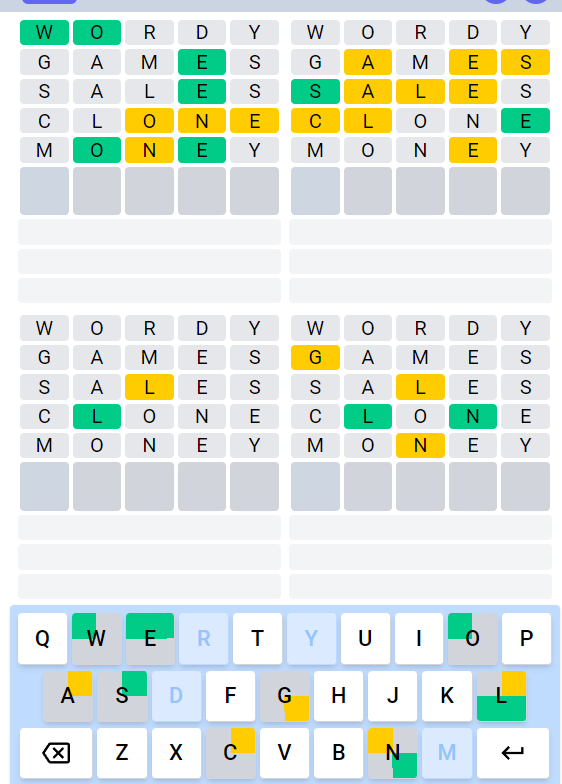
The Supreme Court’s decision to provide translated copies of its judgements in every Indian language is a welcome move as it will help to make them accessible to large numbers of people.
The Chief Justice of India (CJI) Justice DY Chandrachud has emphasised the need to reach out to citizens in a language that they can understand. The CJI said that he has constituted a committee headed by Justice Abhay Oka and the first step will be to ensure that judgements are translated into four languages -- Hindi, Tamil, Gujarati and Odiya. Hopefully, the project will be extended to other languages.
The CJI said that Artificial Intelligence could be used for translation, as technology has the potential to bridge the information gap and overcome the linguistic barrier. The Supreme Court registry is now translating a few selected judgements into some languages, including Kannada, but most of them are translations into Hindi. “English isn’t comprehensive, particularly in the legal avatar, to 99.9 per cent of citizens. Access to justice cannot be meaningful unless citizens are able to access and understand in a language which they speak and comprehend”, the CJI has said.
Also Read | CJI announces launch of service to provide verdicts in some scheduled languages
It is not just that English is not understood by most people in the country. The language of judgements, which contains many legal terms, is particularly incomprehensible to people. Even lawyers sometimes find it difficult to decipher judgements.
Translations will therefore serve an important purpose. They can be very useful in legal education and can help to improve legal literacy. Regional languages do not have much legal literature and the Supreme Court’s initiative will help to enrich them in that respect.
It is not known whether only future judgements will be translated. It will be useful if important judgements of the past also are translated. The Supreme Court’s initiative should also encourage the High Courts to take steps to translate their judgements into at least the language of their jurisdiction.
Translating judgements correctly and accurately into regional languages will be a challenge, especially because they may not have an adequate legal and judicial vocabulary. These will have to be developed with the help of scholars of these languages. The CJI has said that the Supreme Court will tap the services of retired judicial officers to verify if the translations are done correctly. This is a good idea.
Live-streaming of some hearings have helped to take court proceedings to the people. Translating judgements is a good step forward from there. The court’s move contrasts with the strange view of former CJI Sharad Bobde who said last week that Sanskrit should be made the country’s official language and the language for use in courts.






